
The FDA approved the first targeted therapy for adults with relapsed or refractory acute myeloid leukemia with an IDH1 mutation. In addition, FDA also approved a companion diagnostic to be used to detect the specific mutations in the IDH1 gene.

The FDA approved the first targeted therapy for adults with relapsed or refractory acute myeloid leukemia with an IDH1 mutation. In addition, FDA also approved a companion diagnostic to be used to detect the specific mutations in the IDH1 gene.
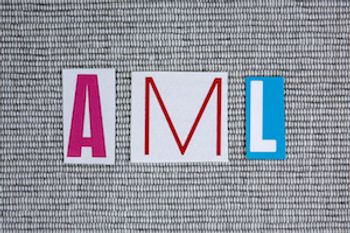
A phase 2 trial evaluated the safety and efficacy of quizartinib in patients with relapsed/refractory acute myeloid leukemia (AML), compared with salvage chemotherapy.

Acute myeloid leukemia can often appear suddenly in patients, without any detectable early symptoms. However, new research has identified the origins of AML, which can be detectable more than 5 years before the disease develops.
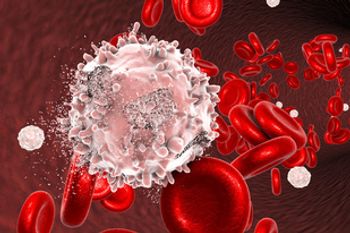
Only 34% of patients with chronic myeloid leukemia (CML) in a small study in China were likely to be positive about attempting treatment-free remission.
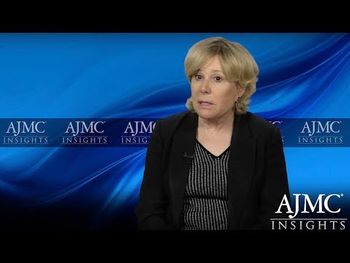
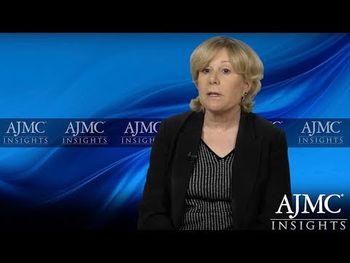
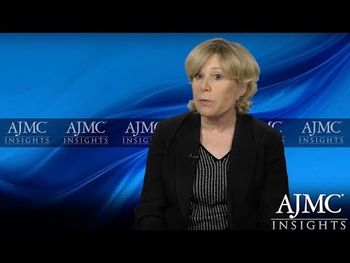
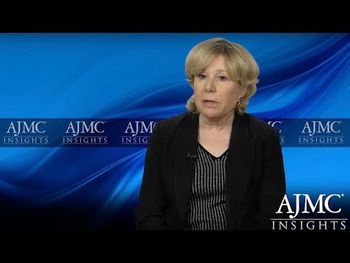


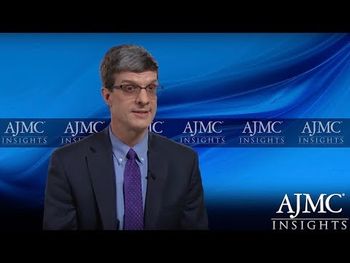






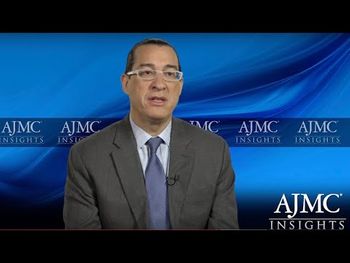
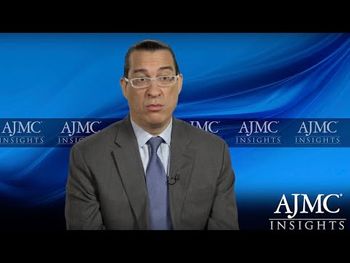
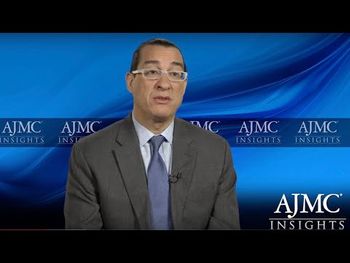
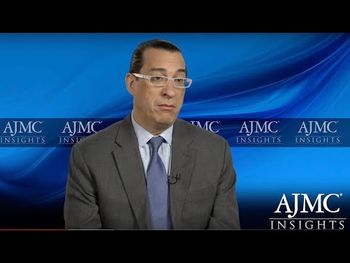


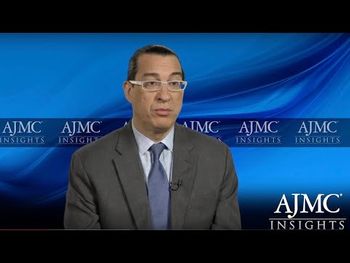

This decision tree model estimates the cost per response and incremental cost per additional responder for romiplostim, eltrombopag, and “watch and rescue” for immune thrombocytopenia.

259 Prospect Plains Rd, Bldg H
Cranbury, NJ 08512
© 2025 MJH Life Sciences®
All rights reserved.
